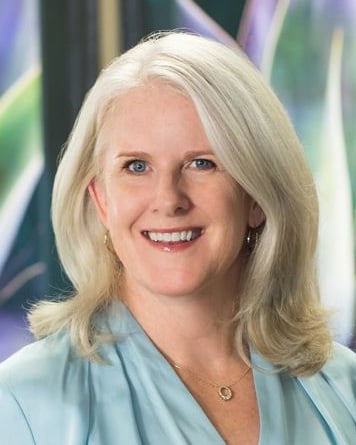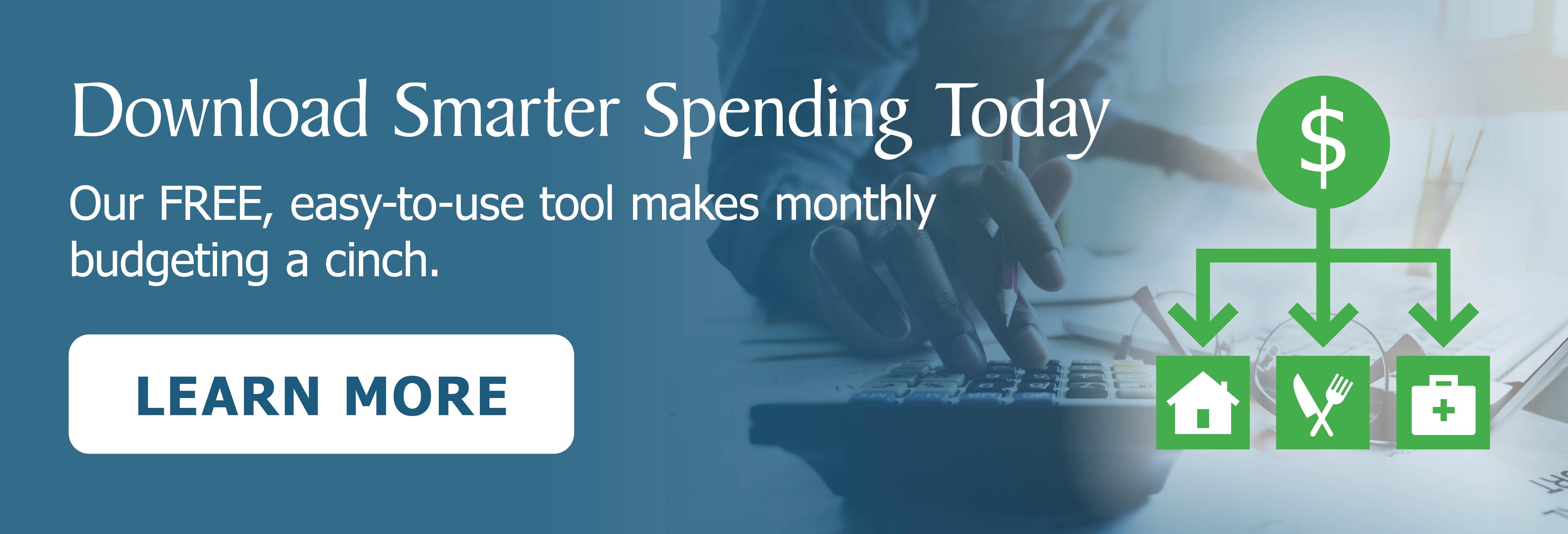
We’ve all heard the stories of lottery winners who find themselves penniless a decade after winning large sums of money. Whether they spend the dollars, give them away, gamble them, or neglect them, it’s sad that people unused to managing money fall into unfortunate traps.
You don’t have to be a lottery winner to come into money that could alter your life (or at least create a bit of a fork in the road). Divorce, death, inheritance, bonuses, or working for a company with a successful Initial Public Offering are ways people might receive significant sums of money in a short amount of time. How does a woman who finds herself unexpectedly financially independent manage her funds so she can stay that way?
The First Thing a Woman Should Do After Coming Into Money
First, do nothing. Really. Do nothing. Breathe. Allow your head to stop spinning. Allow yourself to feel your feelings.
Some people might feel elated, some excited. Others may be anxious. You may feel it’s a big responsibility to take care of large sums of money. Perhaps you feel a duty to preserve that family money for the next generation. Perhaps you're not sure how to manage those funds. Perhaps you are so excited about a bonus or a stock soaring you start dreaming of touring the globe. For now, all you need to do is think, feel, and process. Just don’t do anything for a little while.
Once you’ve had a chance to sit with your newfound wealth, it’s time to do something. But what first? As a financial advisor with Birchwood Financial Partners, I’ve found that helping a person devise a financial plan relieves tremendous pressure from their decision-making and initiates a new level of calm. Not to mention the empowerment they feel when they learn how to preserve and grow their wealth for a lifetime and beyond.
In developing a financial plan, you will first consider your current situation, and evaluate your life going forward. By visually seeing how the components of your plan and your various goals fit together, you will have a foundation by which to make decisions. Dream of visiting two countries a year? That might be doable. Add in a summer home? Maybe. Open a business? Perhaps. Do all three? That’s what a visual plan can help you figure out. By modeling “what if” scenarios, you will see how much you can push the envelope of your financial plan and what things could make it crash. Once you set realistic boundaries, you can move forward with confidence.
What are the components of a financial plan?
- First, think about your values and what’s important to you. Understanding what values you have and living by them can help you create an integrated and authentic life. You may have felt constrained by your previous financial situation and not given your values much thought. Now that your opportunities have opened up, it would be worth your while to revisit your values and see how they line up with your new financial situation before making any big moves. You can find a list of values here, and you may come up with your own.
- Review your current financial status. With the help of your advisor, gather a list of:
- Your assets (things you own).
- Your liabilities (things you owe).
- Income and interest you're earning.
- Your tax liabilities.
- Your monthly expenses.
- How much you're spending on non-monthly things like property tax, car tabs, eyeglasses, insurance payments, and vacations.
- Next, think of all the goals you have and the things you would like to do. Ask yourself:
- When do I want to retire (if applicable)?
- Do I want to change homes?
- Are there any causes I feel passionate about that I could assist?
- Are there people in my life I could benefit either now or in the future?
- Is there travel that I’ve been itching to do?
- What other dreams do I have?
- Visualize the impact of all your goals interacting together. By role-playing “what if” scenarios with your financial advisor, you can visualize and understand the impact your goals have on each other. When you have a plan, it could turn out that your newfound independence can support all your dreams. Alternatively, maybe they need to be tweaked and the timelines changed to keep you independent.
- Maximize what you keep. There is the old saying that it’s not what you have but what you keep that matters. That’s referring to tax, of course. Some assets are structured to defer tax, others are structured for easy access but will owe tax yearly. Your advisor can help you create a strategic balance of types of accounts. Your plan should provide flexibility and access to cash while also being structured to minimize taxes.
- Cover up. Ask what holes you have in your plan. Now that you have more money, you may have a higher probability for lawsuits. Getting into a car accident or having someone break a leg on ice in front of your home is a situation that could stress your plan. Your advisor can help you determine what insurance is right for your new situation. They may recommend umbrella liability coverage, health insurance, home and car insurance, or long-term care insurance. Each person’s situation is unique, and different junctures in our lives require distinct types of insurance.
- Consider the inevitable future. We are all going to age and eventually pass on. Fortunately, you can work with an estate planning attorney to plan for these events. You will want to have a Power of Attorney and Health Care Directive ready for when you're unable to care for yourself or your finances. You should set up a will and perhaps create a trust so that whatever intentions you have for your assets actually occur after you're gone. Without an estate plan, your assets will pass based on the rules of the state you were living in. Often, this system does not resemble what you had hoped. A little work with advanced planning could ensure that you pass your assets as intended.
Coming into wealth with no plan and no experience is a recipe for financial depletion. That's why dealing with unexpected financial independence starts with reflecting on what you want from your life. But it's not a path you have to take alone – make sure you have a trusted, experienced advisor to guide you step by step.




